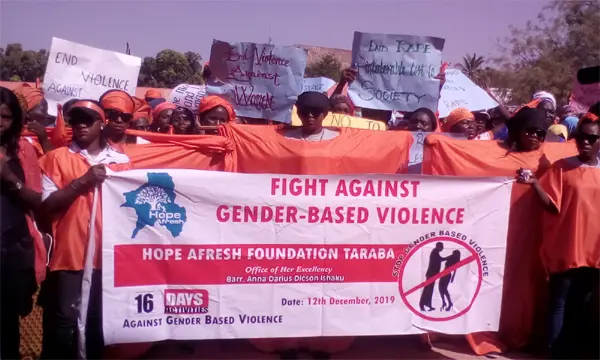In a strategic move to bolster livestock productivity and tackle the pervasive issue of gender-based violence, the Taraba State Government has unveiled the Livestock Productivity Resilience Support Project.
This groundbreaking initiative, launched yesterday in Jalingo, is a collaborative effort with the World Bank, poised to benefit over forty thousand households in rural communities within the state.
Operated under the Ministry of Agriculture and Food Security, the project’s primary focus is on fortifying resilience among pastoralists.
State Project Coordinator Hananiah Albert highlighted a crucial aspect of the initiative, involving the training of the Project Implementation Unit to prevent gender-based violence.
This, as noticed by our state correspondent, includes recognizing the psychological toll on victims, hindering productivity across various livelihood aspects, including livestock production.
Albert further explained that the project aims to challenge societal stereotypes that disadvantage certain genders, such as cultural norms preventing women from owning properties like lands and farms, or participating in animal rearing.
Read Also: CAPPA commends Lagos govt for banning single-use plastics, urges incentives for alternatives
By targeting rural communities across the state’s 16 Local Government Areas, the government, as made known by him, aims to alleviate these limitations through the World Bank-assisted Livestock Productivity Resilience Support Project.
Given that farming and livestock production constitute the backbone of rural livelihoods in the state, the project, as emphasized by him, intends to enhance entrepreneurial skills in these critical areas.
The project’s significance was emphasized during the training of the Project Implementation Unit on gender-based violence prevention, establishing a clear referral pathway.
Albert believes this will usher in an era where women are no longer discriminated against in the state.
On her part, Maryam Adamu, the National Gender Specialist, echoed the sentiment, stating that the holistic approach is not only designed to enhance livestock productivity but also to address social challenges impeding the full potential of rural communities.






